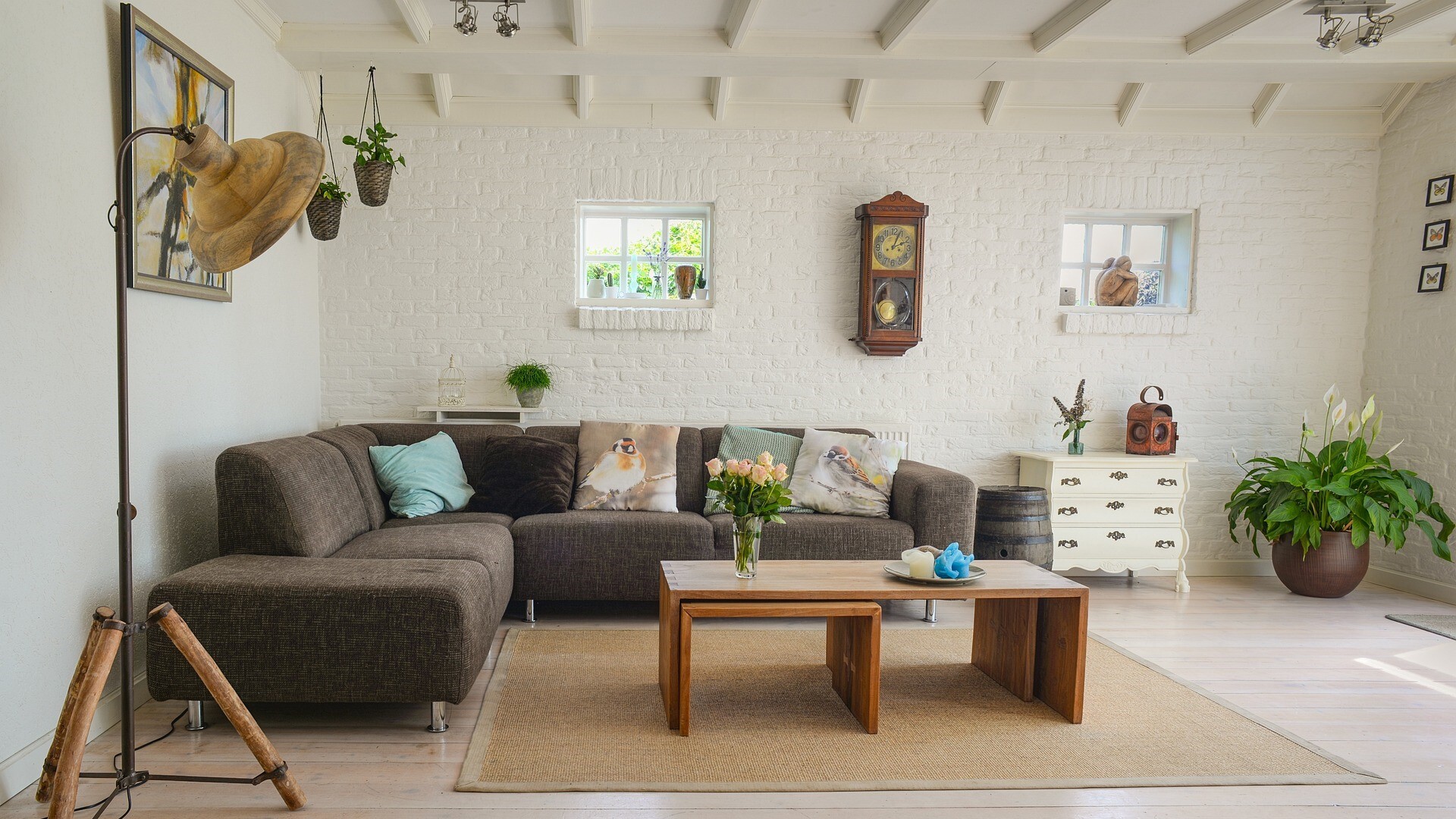Debunking Myths: Is Vastu Really Required for Your Home?

Introduction:In the realm of home design and spirituality, Vastu Shastra, an ancient Indian architectural philosophy, has gained popularity as a guide for creating harmonious living spaces. Proponents of Vastu believe that following its principles brings prosperity and well-being. However, the question remains: Is Vastu really necessary for your home, or is it just a cultural tradition and myth? Let's explore this age-old practice and its relevance in the modern context.
Understanding Vastu Shastra:Vastu Shastra is a traditional Hindu system of architecture, which translates to "science of architecture." It prescribes guidelines for spatial arrangement and design to create a positive and balanced environment. The principles are derived from ancient Vedic texts and claim to harness cosmic energy for the betterment of the occupants.
The Believers' Perspective:Many individuals adhere to Vastu principles when building or renovating their homes. They believe that aligning their living spaces with the cardinal directions and incorporating specific design elements will attract positive energy, prosperity, and good health. From the placement of rooms to the direction of entrances, each aspect is meticulously considered to create a balanced and harmonious living environment.
The Skeptic's Viewpoint:On the other hand, skeptics argue that the scientific basis for Vastu is lacking. Critics contend that the alleged benefits are anecdotal and that the success stories can be attributed to psychological factors. They argue that the effectiveness of Vastu could be a placebo effect, where individuals feel positive simply because they believe they have aligned their homes with cosmic principles.
Scientific Evaluation:Scientifically evaluating the impact of Vastu poses challenges due to the subjective nature of its claims. While some principles, such as maximizing natural light and ventilation, align with modern architectural practices, others seem rooted in cultural and traditional beliefs.
Practical Considerations:Whether or not one believes in the cosmic energy aspects of Vastu, certain practical considerations emphasized by Vastu can contribute to a well-designed home. For instance, prioritizing a clutter-free and well-organized space, choosing suitable color schemes, and optimizing the flow of natural light are universally accepted principles that align with a comfortable and aesthetically pleasing living environment.
Balancing Tradition and Modernity:In a rapidly evolving world, individuals are faced with the challenge of balancing tradition and modernity. While Vastu may hold cultural significance and resonate with personal beliefs, it's essential to integrate its principles thoughtfully, considering practicality and contemporary design preferences.
Conclusion:The question of whether Vastu is really required for your home depends on your personal beliefs, cultural background, and the value you attribute to ancient traditions. While skeptics may dismiss it as a myth, proponents argue for its positive impact on their lives. Ultimately, the decision to incorporate Vastu principles in your home should be a mindful one, striking a balance between tradition and the practicalities of modern living. Whether you choose to follow Vastu or not, creating a comfortable and harmonious living space is the ultimate goal for any homeowner.


